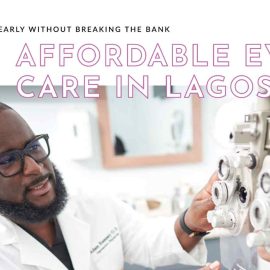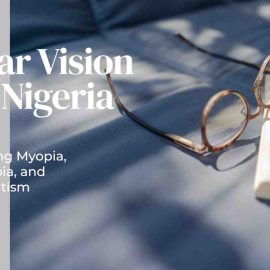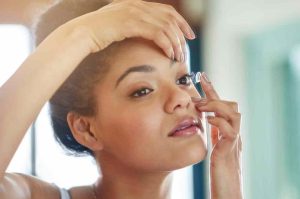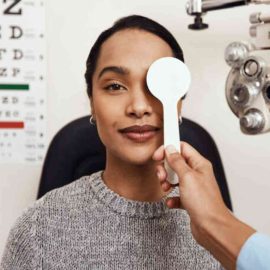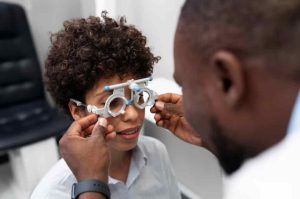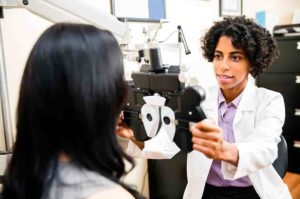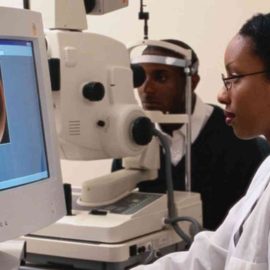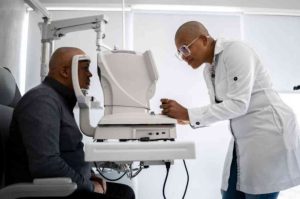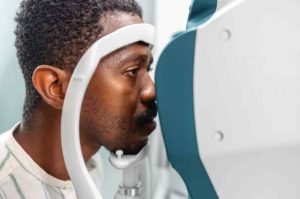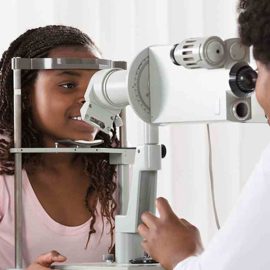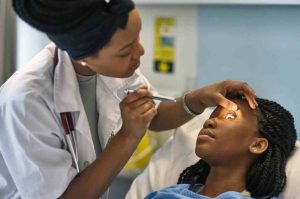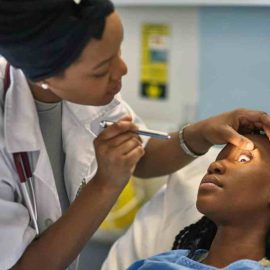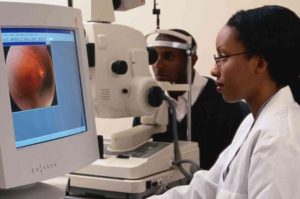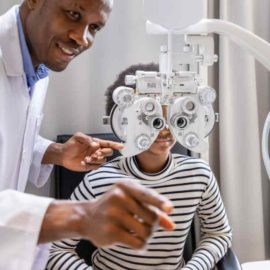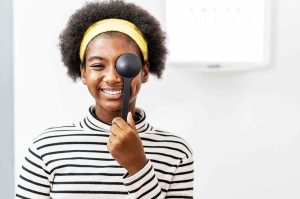The Ultimate Guide to Budget Friendly Eye Care in Lagos
Are you in search of budget-friendly eye care options in Lagos? Look no further! In this ultimate guide, we will explore the best ways to save money on eye care services, from finding affordable clinics to cost-effective treatment options. Taking care of your eyes doesn’t have to break the bank – let’s dive in and discover how you can prioritize your eye health without compromising on quality in Lagos.

Finding the Best Affordable Eye Clinic in Lagos
When it comes to finding the best affordable eye clinic in Lagos, it’s essential to do your research and compare options to ensure you are getting quality care at a reasonable price. Here are some tips to help you find the most suitable eye clinic for your budget:
- Research online reviews of eye clinics in Lagos to get an idea of their reputation and pricing
- Ask for recommendations from friends and family who have had positive experiences with affordable eye care in Lagos
- Compare prices and services offered by different eye clinics to find the best value for your money
By taking the time to research and compare your options, you can find an affordable eye clinic in Lagos that meets your needs and budget.

Tips for Saving Money on Eye Exams in Lagos
Eye exams are essential for maintaining good eye health, but they can sometimes be costly. Here are some tips to help you save money on eye exams in Lagos:
1. Look for promotions or discounts:
Many local eye clinics or optometrists in Lagos offer promotions or discounts on eye exams. Keep an eye out for these deals to save money on your next appointment.
2. Schedule appointments during off-peak hours:
Consider scheduling your eye exams during off-peak hours, such as weekdays or mornings, when clinics may offer lower appointment fees. This can help you save on the overall cost of your eye exam.
By being proactive and exploring these money-saving tips, you can ensure that you prioritize your eye health while also being mindful of your budget in Lagos.

Affordable Eyeglasses and Contact Lenses Options in Lagos
When it comes to eyewear, finding affordable options in Lagos is possible without compromising on quality. Here are some tips to help you save money on eyeglasses and contact lenses:
Opt for budget-friendly eyeglasses:
- Explore different brands and materials to find a cost-effective option that suits your needs.
- Check for ongoing sales or discounts at optical shops and online retailers in Lagos.
- Consider purchasing frames and lenses separately to mix and match for a more budget-friendly combination.
Save on contact lenses:
- Look for deals or promotions offered by local clinics or online contact lens suppliers in Lagos.
- Consider purchasing in bulk to save money in the long run.
- Compare prices from different providers to find the best value for your contact lenses.
By being a savvy shopper and exploring all your options, you can find affordable eyeglasses and contact lenses in Lagos that meet your vision needs and budget constraints.
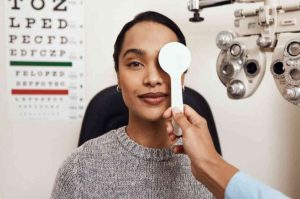
Preventative Eye Care Measures on a Budget in Lagos
Taking care of your eyes doesn’t have to break the bank. Here are some cost-effective preventative measures you can take to maintain good eye health in Lagos:
- Wear Sunglasses: Invest in a good pair of sunglasses that offer UV protection to shield your eyes from harmful sun rays.
- Take Screen Breaks: If you spend long hours in front of a screen, remember to take regular breaks to rest your eyes and reduce strain.
- Maintain a Healthy Diet: Include foods rich in vitamins and minerals like leafy greens, fish, and citrus fruits to nourish your eyes.
By incorporating these simple habits into your routine, you can prevent common eye conditions and reduce the risk of needing expensive treatments down the line. Remember, prioritizing your eye health now can save you money on eye care expenses in the future.
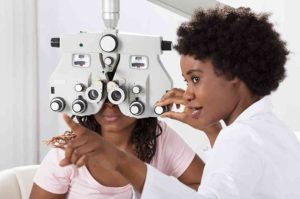
Cost-effective Treatment Options for Eye Conditions in Lagos
When it comes to treating eye conditions in Lagos, there are several cost-effective options that you can consider:
- Generic Medications: Opt for generic eye medications as a more affordable alternative to expensive prescription treatments for common eye conditions.
- Over-the-Counter Remedies: Explore over-the-counter remedies for minor eye ailments that can be a more cost-effective solution compared to prescription medications.
- Discuss Payment Plans: Speak with your eye care provider about possible payment plans or discounts for treatment options to make them more affordable for you.
By exploring these cost-effective treatment options, you can manage your eye conditions in Lagos without breaking the bank.
Navigating Insurance Coverage for Eye Care Services in Lagos
Understanding your insurance coverage for eye care services in Lagos is crucial in managing your eye health expenses. Here are some tips to help you navigate your insurance benefits:
Review Your Policy Details
Take the time to carefully review your insurance policy to understand what eye care services are covered and what limitations may apply. Look for information on co-pays, deductibles, and any out-of-pocket expenses you may be responsible for.
Speak with Your Insurance Provider
If you have any questions or need clarification on your insurance benefits for eye care services, don’t hesitate to reach out to your insurance provider. They can provide you with detailed information on what is covered under your plan and answer any questions you may have.
Inquire about In-Network Providers
Insurance plans often have a network of providers that offer discounted rates for services. Inquire about in-network eye care providers in Lagos to take advantage of your insurance benefits and potentially lower your out-of-pocket costs.
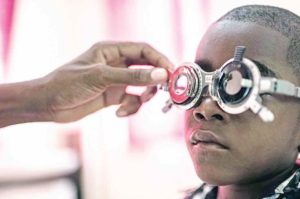
Maximize Your Benefits
Make sure to utilize your insurance benefits to the fullest by scheduling regular eye exams, treatments, and purchasing eyewear within your coverage limits. By maximizing your benefits, you can minimize your overall eye care expenses in Lagos.
Remember, staying informed about your insurance coverage and using it wisely can help you save money on eye care services in Lagos.
Conclusion
Ensuring affordable eye care in Lagos is possible with the right approach and knowledge. By following the tips and recommendations in this ultimate guide, you can find budget-friendly eye clinics, save money on eye exams, explore cost-effective eyeglasses and contact lenses options, practice preventative eye care measures, seek cost-effective treatment options for eye conditions, and navigate insurance coverage for eye care services. Remember that your vision is priceless, and taking care of your eyes should not break the bank. With a little effort and research, you can prioritize your eye health without compromising your budget in Lagos.

